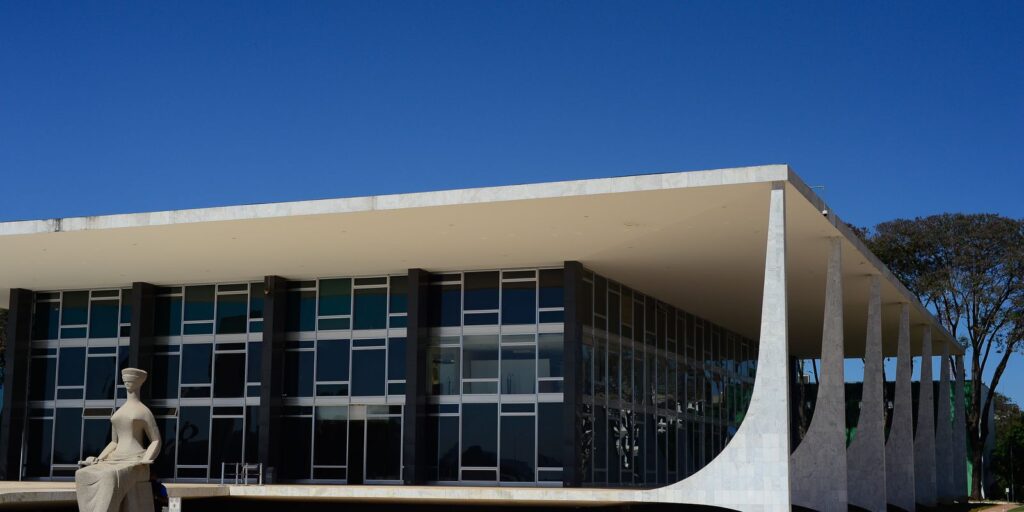The National Communications Entity (Enacom) will force mobile phone operators to Modify your security systems and adopt biometric recognition when requesting a new SIM card due to theft or replacement, in order to avoid cases of identity theft and hacking.
This was confirmed this Wednesday morning by the vice president of Enacom, Gustavo López, in response to a request from federal judge María Servini for the regulatory body to adopt the necessary measures to prevent hacking of cell phones through the method called “SIM Swap”.
“What we are going to do is force the companies to change the security mechanism they have,” López said this Wednesday morning in dialogue with Urbana Play radio, and announced that “between this week and the next” the entity will publish the corresponding resolution.
“SIM Swap”: identity theft
The “SIM Swap”, a method allegedly used in the recent hacks of the Buenos Aires Minister of Security and Justice, Marcelo D’Alessandro and the national deputy of Together for Change (JxC), Diego Santilli, consists of a method of data and identity theft that is carried out taking advantage of the lack of security of mobile operators when requesting a new SIM, removable card that stores the telephone number of the telephone user.
To carry out this type of hack, the attacker, with a blank SIM card -generally obtained illegally-, communicates with the operator to report an alleged theft or loss of the card.
The problem is that the operators do not usually reliably verify the identityand the required data -such as address, birthday, document number or name- are relatively easy to access, especially in the case of public figures.
Once the attacker manages to trick the companies into assigning the victim’s phone line to the blank SIM card, they can not only receive calls and text messages from it, but can also activate WhatsApp and other messaging applications. validating the phone number.
Similarly, you can also reset passwords from other platforms, if the SMS verification method is enabled on them.
“What the judge has done is ask us, as a regulatory entity, to force companies to find other mechanisms to guarantee the safety of their customers,” said the vice president of Enacom.
For this, López indicated, biometric recognition will be used.
“If I say that I lost my card and I want to replace it with another, then the company will ask me for facial recognition to find out who is the person who requests it,” he exemplified.
In any case -he clarified- the cases of “SIM Swap” are “statistically very low”.
Authorized Rate Increases
The head of the regulatory body also referred to Enacom’s recent decision to modify the authorized increases for telephone, internet and television provider companies.
The increases, which were originally 9.80% as of next February 1 and 7.80% as of April 1, will become monthly with 4% for this month of January and February, and 3.5% for March and April.
“We decided to do it this way because the national government, through the Ministry of Economy, reached an agreement with almost all business sectors so that what is not framed within Fair Prices, goes up 4% per month,” López asserted.
The official, however, lamented that only SMEs and cooperatives comply with these increase guidelines, and not large companies.
“They obtained a precautionary measure, in force two years ago, so the large companies that obtained the measure do not meet the requirement of fair, equitable and reasonable prices,” he said.
In this sense, he blamed the judicial system for issuing precautionary measures.
“We declare them (ICT services) as a public service. However, justice releases the price to what each company wants and the suspension is in force until April 2023,” he said, recalling that Decree 690/2020 that established it “was never declared unconstitutional.”
















